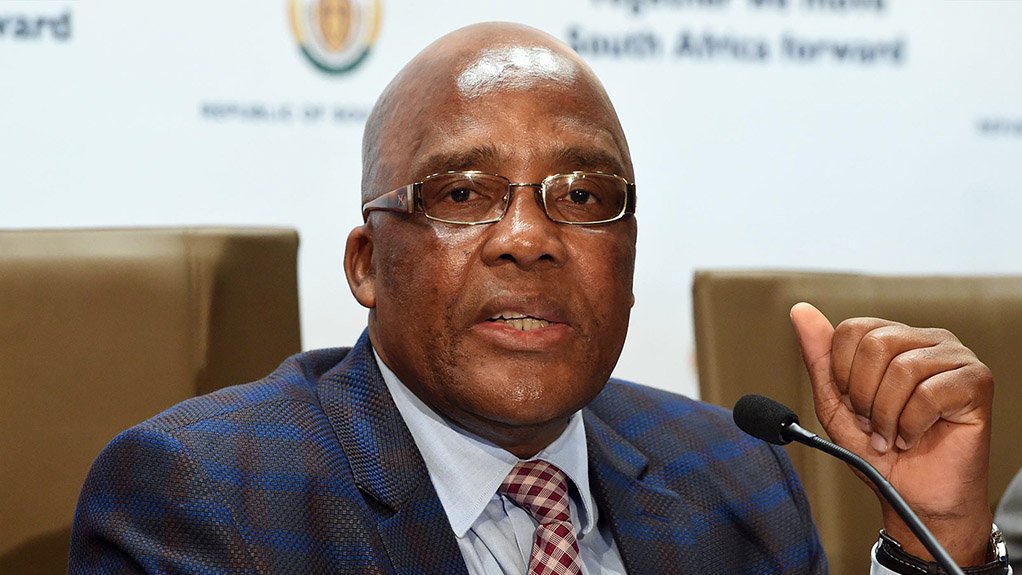Home Affairs Minister Aaron Motsoaledi says cheaper Covid-19 tests at SA's border posts contributed to the large influx of travellers queueing at the country's land ports of entry.
On Monday, Motsoaledi briefed Parliament's home affairs committee on the challenges faced at the country's borders.
He said that, in neighbouring Zimbabwe, a Covid-19 test costs about $60 (about R800).
"The price of the PCR tests (Covid-19 tests) in Lesotho is R850.00. The National Health Laboratory Services at the border charges R170. This contributed to the large influx of travellers demanding antigen tests at ports because of the low cost, comparatively to tests in their own countries. Stringent lockdown measures imposed in Botswana (specifically at Groblersbridge) made truck drivers divert to Beitbridge," he said.
At the start of the year, videos circulating on social media showed chaotic scenes at the busy Beitbridge border post, with thousands of Zimbabweans desperately trying to cross into South Africa shortly before their country went into a hard lockdown.
Following the chaotic scenes that unfolded at the Beitbridge border post, calm has since returned - but Zimbabwean nationals are still attempting to enter the country illegally.
Motsoaledi said the influx of travellers caused several problems at border posts.
These included:
The border control processes for departing travellers were less stringent because no traveller was required to submit a Covid-19 test certificate on departure.
Travellers were subjected to a new entry and departure process when antigen tests were required.
This impacted on the entire port of entry business process flows as it was the first time it was needed.
The complete test takes about 15 minutes.
Following the test, travellers still have to wait for their results and that leads to the accumulation of people and, eventually, to congestion inside the port.
The sudden implementation of a hard lockdown in the first week of January by Zimbabwe caused anxiety and, therefore, the desperate need to enter SA.
He also said land borders are in need of serious upgrades.
"The maintenance and upkeep of land ports infrastructure remain a challenge in the operational chain and it has a serious impact on operations by compromising the delivery of services at land borders mainly. This is different to land ports, where DPWI is the landlord and, therefore, responsible for the maintenance of land borders. The department works on a system, where contractors are appointed on a three-year contract to deliver repair and maintenance services and related infrastructure repair services at ports," he said.
Motsoaledi also highlighted that the issues experienced at land borders were not found at other ports of entry.
"To ensure that ports infrastructure is maintained, the respective landlords across the different modalities are responsible to ensure that such services are delivered. At airports, Airports Company South Africa is the landlord and they ensure that infrastructure is maintained and repaired; the same arrangement exists at seaports, where Transnet Ports Authority is the landlord. No challenges such as 'dirty working and operational areas or ablution facilities' are experienced at these modalities," he said.
Motsoaledi said talks are under way to iron out matters with neighbouring countries before land borders are reopened.
The chairperson of Parliament's home affairs committee, Bongani Bongo, welcomed the department's readiness to open the country's borders.
EMAIL THIS ARTICLE SAVE THIS ARTICLE
To subscribe email subscriptions@creamermedia.co.za or click here
To advertise email advertising@creamermedia.co.za or click here











